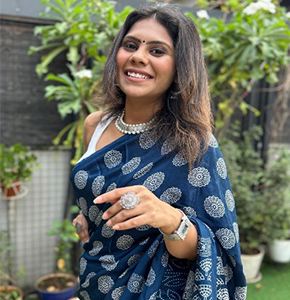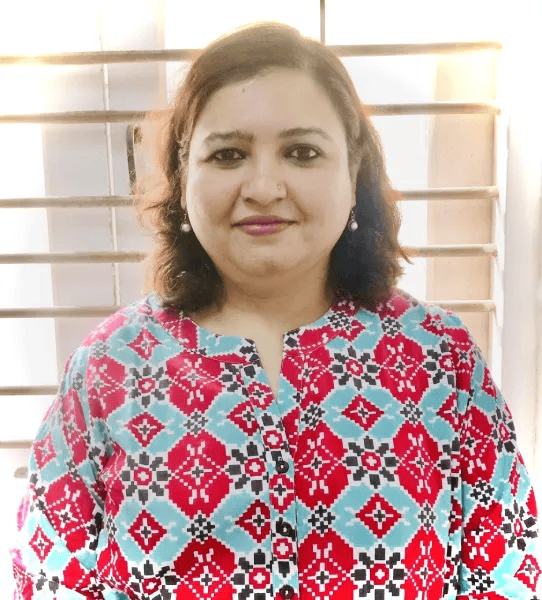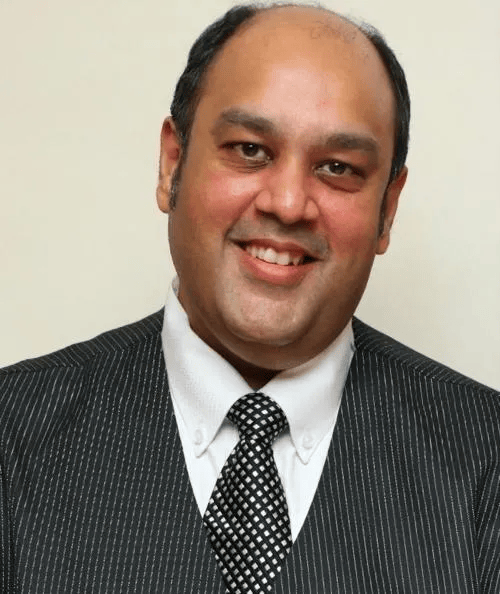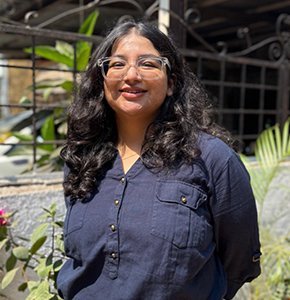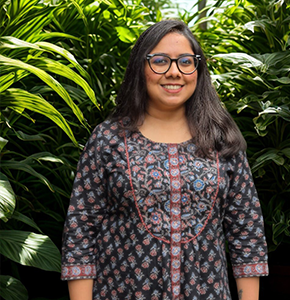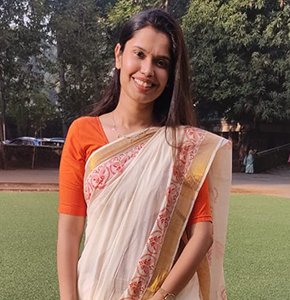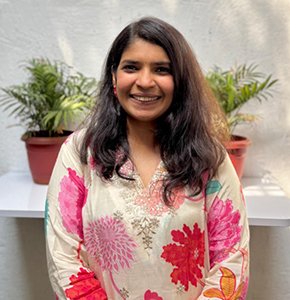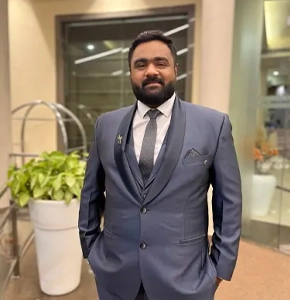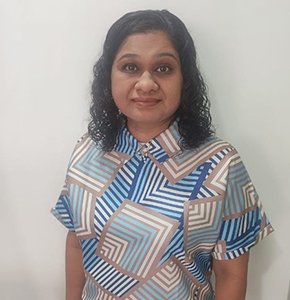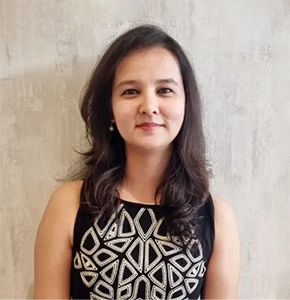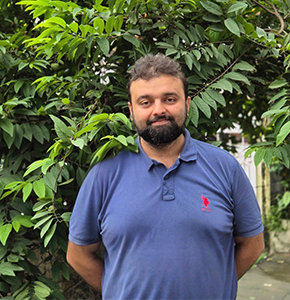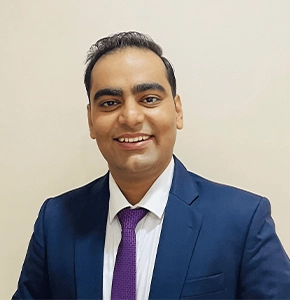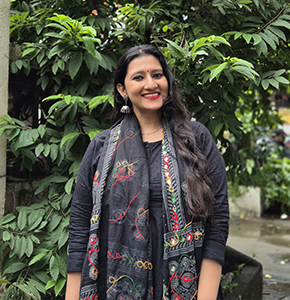Depression
Depression is a mental health condition that can make a person feel persistently sad, hopeless, and unmotivated. It goes beyond the usual ups and downs of life and can affect a person’s thoughts, feelings, and daily activities. Depression can make it challenging to enjoy things that were once pleasurable, and it may also lead to physical symptoms like changes in appetite and sleep patterns. It’s important to note that depression is a medical condition, and seeking support from friends, family, or a healthcare professional is crucial for effective management and treatment.

As per WHO
- Globally, the total number of people with depression was estimated to exceed 300 million in 2015, equivalent to 4.3% of the world’s population.
- In India, the National Mental Health Survey 2015-16 revealed that nearly 15% Indian adults need active intervention for one or more mental health issues and one in 20 Indians suffers from depression.
- It is estimated that in 2012, India had over 2,58,000 suicides, with the age-group of 15-49 years being most affected.
- Depression is ranked as the single largest contributor to global disability (7.5% of all years lived with disability in 2015). When depression reaches its worst, it can result in suicide, which claims the lives of over 800 000 people annually. For those aged 15 to 29, it is the second most common cause of death.
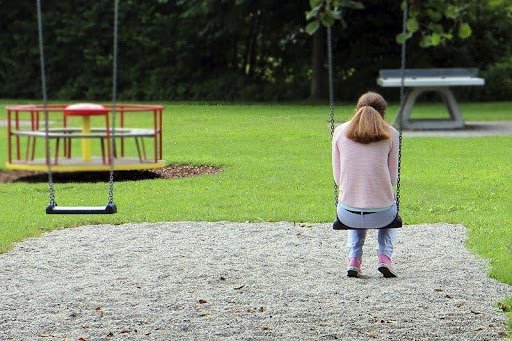
What does Depression in Adults look like?
- Loss of interest in day to day activities
- Fatigue
- Persistent sadness
- Pessimistic view of future
- Hopelessness, helplessness
- Worthlessness, intense feelings of guilt
- Fixation on past failures or loss of relationships
- Reduced sleep or too much of sleep
- Reduced appetite or binge eating
- Suicidal thoughts or self harm
- Crying spells, tearfulness
- Slowness in thinking
- Poor attention and concentration
- Reduced self confidence and self esteem
What does Depression in Children look like?
- Worrying, stomach pain, moving pain in body
- Agitating or irritability
- Refusal to go to school
- Withdrawal from meeting other children
- Clinginess
- Underweight or Overweight
What does Depression in Adolescents look like?
- Sadness
- Irritability
- Feeling negative and worthless
- Anger issues
- Poor performance or poor attendance at school
- Feeling misunderstood and extremely sensitive
- Using recreational drugs or alcohol,
- Eating or sleeping too much
- Self-harm
- Loss of interest in normal activities and avoidance of social interaction.
Are there any further types of Depression?
- Dysthymia
- Major Depression Disorder
- Seasonal Affective Disorder
- Postpartum Depression
- Premenstrual Dysphoric Disorder
- Bipolar Depression
What are the Possible Interventions for Managing Depression?
Managing depression often involves a combination of interventions. Psychotherapy, such as cognitive-behavioral therapy (CBT), helps individuals explore and modify negative thought patterns. Medications, like antidepressants, may be prescribed by healthcare professionals to regulate neurotransmitters in the brain. Lifestyle changes, including regular exercise, a balanced diet, and sufficient sleep, contribute to overall well-being. Social support through friends, family, or support groups is vital. Mindfulness practices, such as meditation and yoga, can enhance emotional resilience. In severe cases, hospitalization may be necessary. Tailored treatment plans, often incorporating multiple approaches, are essential to address the unique needs of each person experiencing depression.
How can a Psychologist help in Depression?
Psychologist / Psychotherapist provides a supportive and non-judgmental space for individuals to express their feelings and work towards positive changes. Psychologist for depression is the professionals who use talk therapy to help individuals explore and understand their thoughts, emotions, and behaviors. In the context of depression, psychotherapists often employ various therapeutic approaches, such as cognitive-behavioral therapy (CBT), psychodynamic therapy, or interpersonal therapy. Sometimes expressive art therapy (children and adults) or play therapy with children have also proven to have helped
How can a Psychiatrist help Depression?
Psychiatrists play a vital role in managing depression by combining medical expertise with psychological insights. They conduct thorough evaluations, considering biological factors and potential underlying conditions. Psychiatrists for depression prescribe medications, such as anti-anxiety medications or antidepressants, when appropriate. Additionally, they collaborate with psychologists & therapists to provide comprehensive care. Through regular monitoring and adjustments to treatment plans, psychiatrists ensure optimal outcomes. Their holistic approach addresses both physiological and psychological aspects, fostering a balanced and tailored strategy for individuals grappling with anxiety disorders.
FAQs
What are the available treatments for depression in India?
Treatment options include psychotherapy (counseling), medication, or a combination of both. In India, mental health services are provided by psychiatrists, psychologists, and counselors. Medications like antidepressants may also be prescribed.
Can depression be prevented?
While it may not always be preventable, maintaining a healthy lifestyle, seeking support when needed, and addressing stressors can contribute to preventing or reducing the risk of depression.
